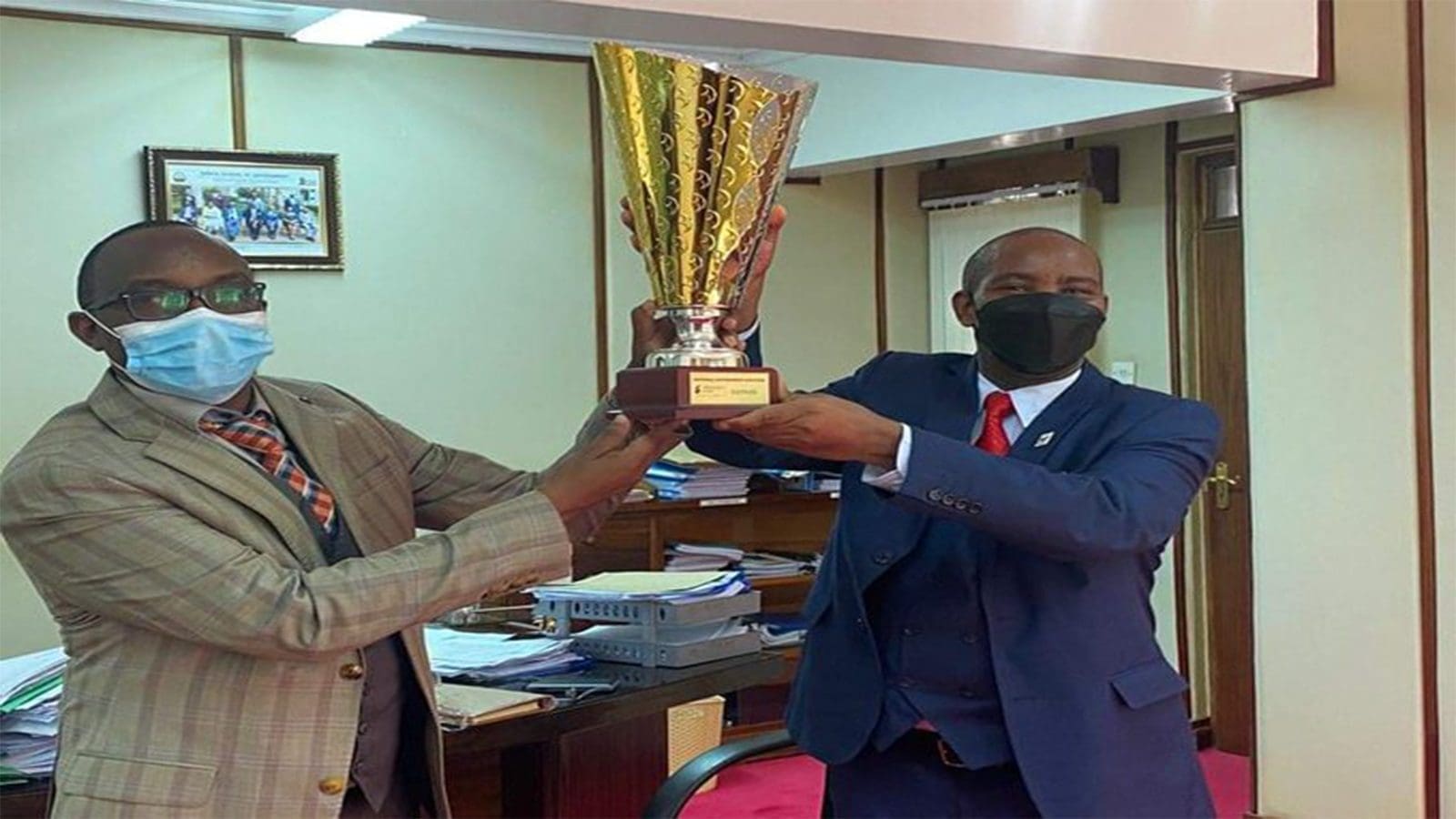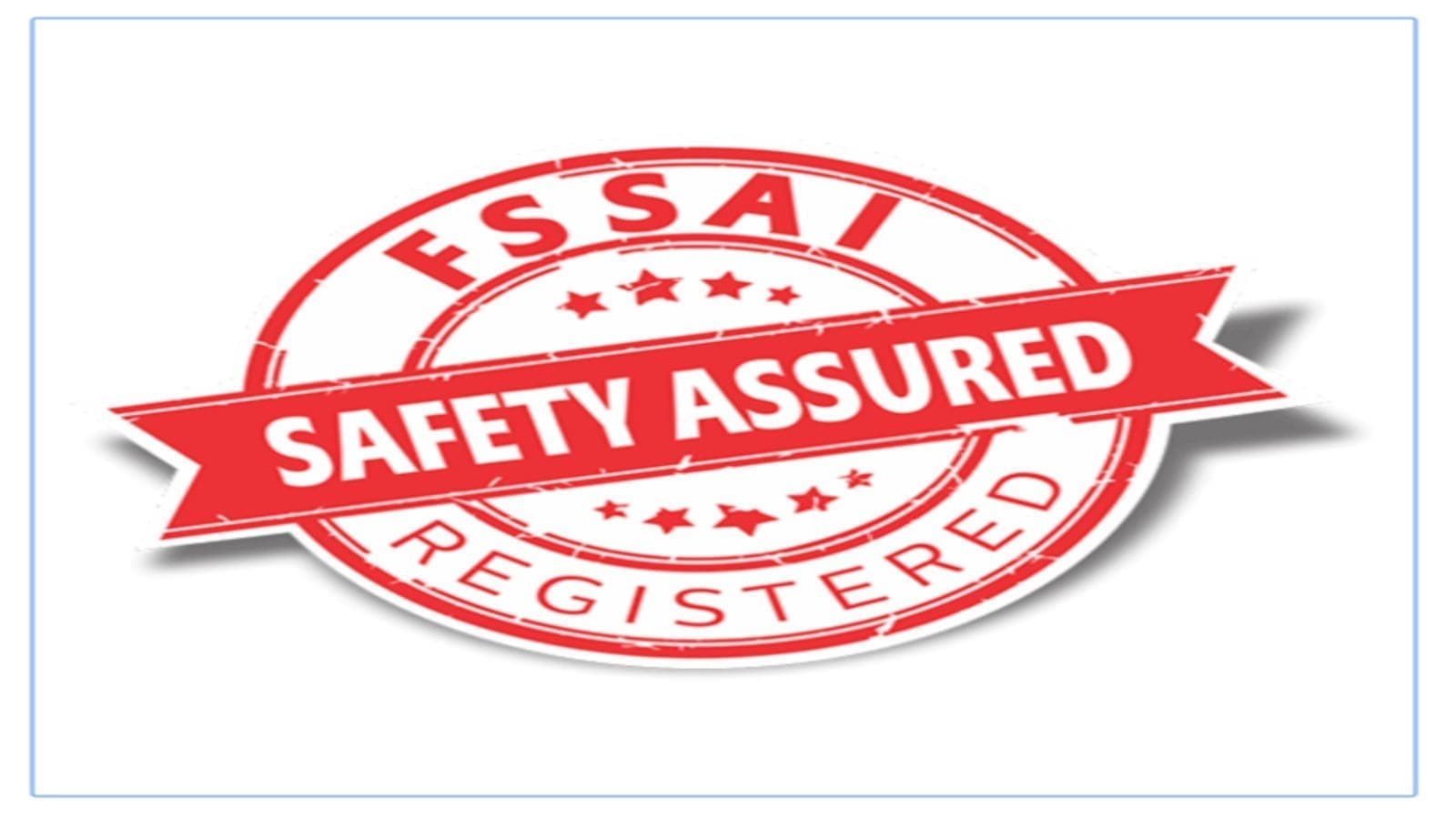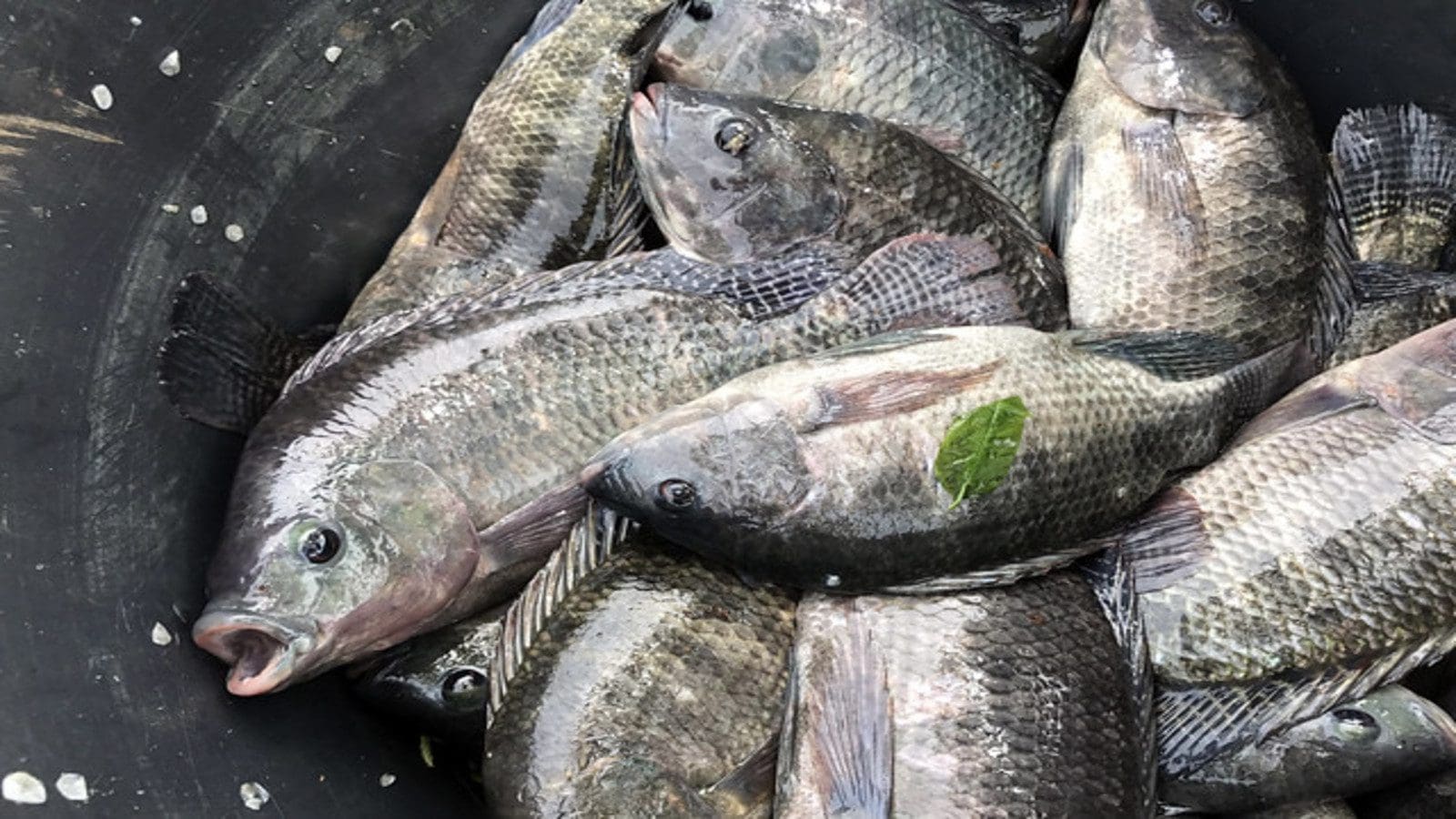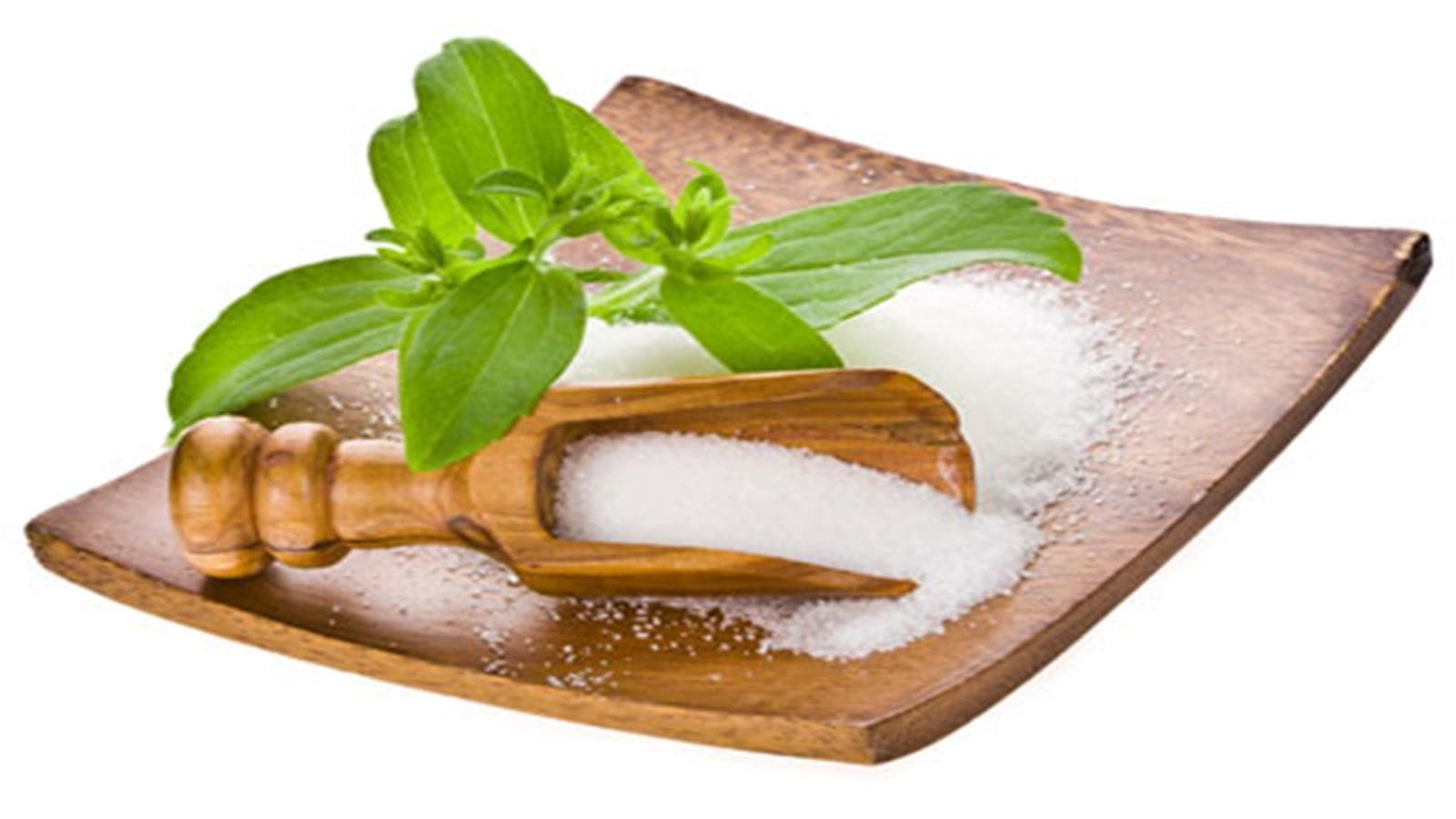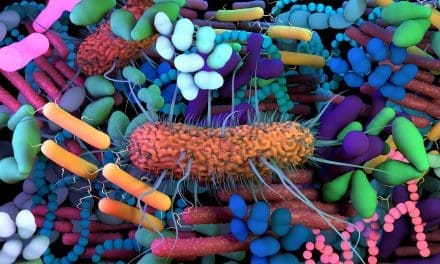KENYA – The Kenya Plant Health Inspectorate Service (KEPHIS) has been crowned as the best government institution in the avocado value chain by the Avocado Society of Kenya (ASOK), a registered association for avocado growers, exporters and other Value – chain players.
The Chief Executive Officer (CEO) of the Avocado Society of Kenya Mr. Ernest Muthomi, presented Prof Theophilus Mutui, the Managing Director of KEPHIS with the winning trophy and certificate.
KEPHIS was formed by Kenya Plant Health Inspectorate Service Act 2012 and its mission is to provide a science-based regulatory service by assuring plant health, quality of agricultural inputs and produce for food security, globally competitive agriculture, and sustainable development.
It works with avocado farmers and stakeholders by training them on good agricultural practices, the market requirements to export the fruit, varieties recommended for sale to overseas markets and opportunities in the value chain.
According to the organization, Kenya is currently the leading exporter of avocado in Africa and is in the top 10 globally. Between January to November last year, farmers earned Ksh14.48 billion (USD 127,464,788.71) from export sales of the fruit.
In 2019, KEPHIS introduced new regulations to guide avocado farmers and traders interested to grow and export the fruit to the Republic of South Africa in a bid to guard the market.
Kenya lost the market in 2007 after South Africa claimed that most of the key fruit production areas in the country were infested with fruit fly. However, after intervention by KEPHIS and Kenya Agricultural Livestock Research Organization (KALRO) the export market was reopened in August 2018, ending more than 10 years of standoff.
The new requirements state that avocado fruits for export to South Africa shall originate from production sites, pack houses and storage facilities approved and registered annually by KEPHIS. The organization also conducts regular pest monitoring in the production sites destined for export to South Africa.
It also does quarterly fruit fly monitoring prior to harvesting or when the crop starts flowering, a process which goes on till end of harvest.
To comply with requirements, the owner of the production site is required to maintain the data and submit a copy to KEPHIS on quarterly basis. KEPHIS will in turn regularly monitor it to ensure the data is maintained.
ASOK working on behalf of members
On the other hand, as a membership-only organization, the ASOK works on behalf of its members to lobby the government and other stakeholders on issues affecting the avocado value chains.
The society also ensures its members receive high-quality farm inputs and machinery directly from the manufactures both local and from the global market.
It participates in and organizes events that cover local, continental and global reach. Some of these events include county farmers field day and exhibitions at global stage among other events in the avocados value chain.
ASOK takes part in policies affecting avocados and promotes avocados from Kenya aggressively using the tagline “avocados from Kenya, delicious naturally” at the international markets as a mark of product quality and reassurance of ethical standards of business practices with an authentic Kenya avocados heritage.
In addition, it is an active member of the world avocado congress committee, WACC, and a core share membership with major avocado-producing countries, as stated by Mkulima Today.
Liked this article? Subscribe to Food Safety Africa News, our regular email newsletters with the latest news insights from Africa and the World’s food safety, quality and compliance. SUBSCRIBE HERE


